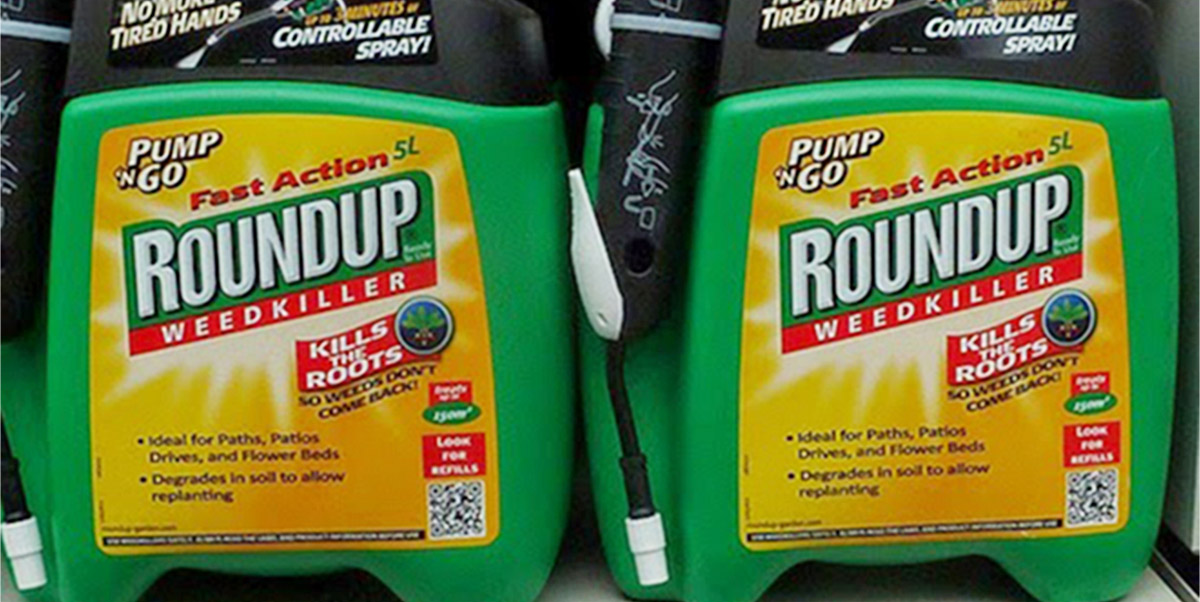
Agency’s perverse definition of a reassuring phrase helps extremely harmful pesticides to remain on the market. Report: Jonathan Matthews and Claire Robinson
On 6 July, the European Food Safety Authority (EFSA) said it had found no “critical areas of concern” for human, animal and environmental health from the use of glyphosate in agriculture.
“No critical areas of concern” sounds reassuring – and it has been quoted over and over again by glyphosate promoters and in news reports. But what does it actually mean?
By EFSA’s own definition, “A concern is defined as critical when it affects all proposed uses of the active substance under evaluation (e.g. pre-sowing uses, post-harvest uses etc.), thus preventing its approval or renewal.” Note that EFSA emphasises the word “all”.
As Thomas Backhaus, professor of ecotoxicology at the University of Gothenburg and director of its Center for Future Risk Assessment and Management, explains, this definition “basically means that, even if all but one of the proposed glyphosate uses are problematic, it still doesn’t qualify as a ‘critical area of concern’”.
That explains how EFSA could acknowledge, for example, that 12 of 23 proposed uses of glyphosate result in “high long-term risk to mammals” without considering it a critical area of concern. Under their definition of “critical”, there are still ways of using glyphosate that don’t result in those risks, so in their opinion a ban would not be justified.
In fact, under what Professor Backhaus describes as EFSA’s “weird” definition, EFSA could even find that 22 out of 23 ways of using glyphosate were highly risky but still say there are no critical areas of concern.
In other words, EFSA has set an impossibly high bar to justify a ban on glyphosate or, indeed, on any other pesticide.
EFSA can then argue that it is for the European Commission and the EU’s member states to decide on limits on the specific uses that result in those risks, rather than for EFSA to indicate a total ban is needed.
Once we understand what EFSA’s “no critical areas of concern” actually means, it turns out to offer no reassurances at all. Yet on that basis the European Commission is now reported to be readying a proposal for glyphosate to receive a full stamp of approval from member states and be re-authorised for use in the EU for a further 15 years.
Image: London Permaculture. Reproduced under Attribution-NonCommercial-ShareAlike 2.0 Generic (CC BY-NC-SA 2.0) licence.










